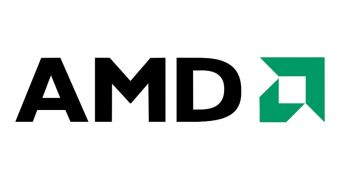Advanced Micro Devices is not going to do what Intel did when it invested in the MeeGo, choosing, instead, to stick to what works: Windows, Linux and Android.
There have been many rumors, loud and hushed, about what Advanced Micro Devices may or may not do next.
Some time ago, it decided to not actually compete with Intel anymore (it wants to be judged on its own terms).
Now, its stance on some things is becoming known and, sure enough, it is quite different from the one Intel has taken, particularly in regards to mobile devices and OS support.
To offer some context, Intel tried its luck with the MeeGo operating system, a project that Nokia helped with.
The Santa Clara CPU company eventually backed away from that 'bad idea' and took up the Tizen, a cross-architecture, standards-based software platform.
Tizen is a mesh of open-source LiMo and Linux foundation technologies and supports smart TVs, tablets, smartphones, in-vehicle systems, etc.
It even has HTML5 and WAC web development, which allows for the creation of applications that don't rely on a particular device.
All in all, Intel wants to have its own operating system, even if it continues to rely on Microsoft Windows for its PCs.
It is the above that Advanced Micro Devices doesn't agree with: it sees no point in investing in any OS besides Windows, Linux and Android.
The market of operating systems is more or less saturated at this point, especially with Apple's iOS owning that segment of the industry that the other three don't.
"There is no return on investment beyond Linux, Android and Win 8, so only these three make sense," said Neal Robison, senior director of content and application support at AMD, in a short interview with X-bit labs.
AMD is also said to not see much point in ARM, ARMv8 64-bit platform included, since x86 is more scalable, performance-wise and as far as software support is concerned.
This contradicts previous guesswork about AMD possibly considering ARM technologies for some mobile solutions.

 14 DAY TRIAL //
14 DAY TRIAL //